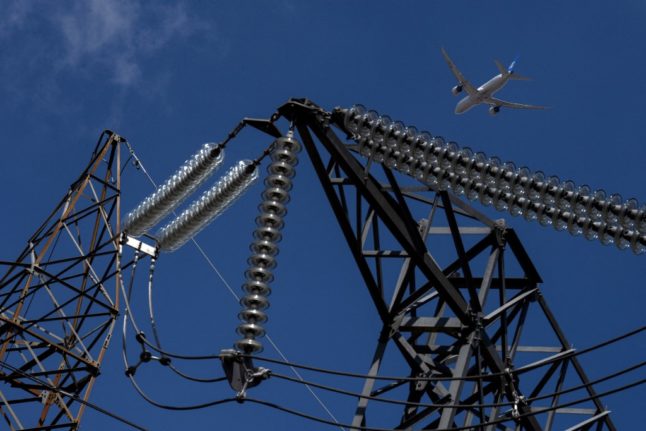The rate jumped to 9.8 percent in March from 7.6 percent in February, its highest level since May 1985, according to a preliminary estimate from national statistics institute INE.
“It is a bad figure which affects our economy, especially more vulnerable groups … due to runaway energy prices,” Socialist Prime Minister Pedro Sánchez told parliament.
Like the rest of Europe, Spain has been struggling since last year with soaring energy prices, with households and businesses struggling to pay electricity bills.
Since Russia invaded Ukraine on February 24, oil prices have spiked, and Spain’s transport and farm sectors have staged noisy protests and strikes to demand help with crippling gasoline prices.
The spike in prices in March was due to the surge in electricity and fuel prices, but also by the rise in the cost of food items due to the war, the statistics office said.
READ ALSO: The food products that are more expensive than ever in Spain
Sánchez’s government approved Tuesday plans to offer €16 billion ($17.5 billion) in direct aid and loans for companies and households hit by the impact of Russia’s invasion of Ukraine.
The measures, which will remain in place until June 30th, include a discount of 20 cents per litre of fuel, with the government paying 15 cents and fuel providers the rest.
It also includes a €362-million aid package for the agriculture and farming sector, €68 million for the fishing and aquaculture industries
and a two percent cap on rental increases.
For households, over the next three months, rent increases will be limited to a maximum of 2.0 percent.
READ MORE: EXPLAINED – The plan to lessen Ukraine war impact on Spain’s economy



 Please whitelist us to continue reading.
Please whitelist us to continue reading.
Member comments